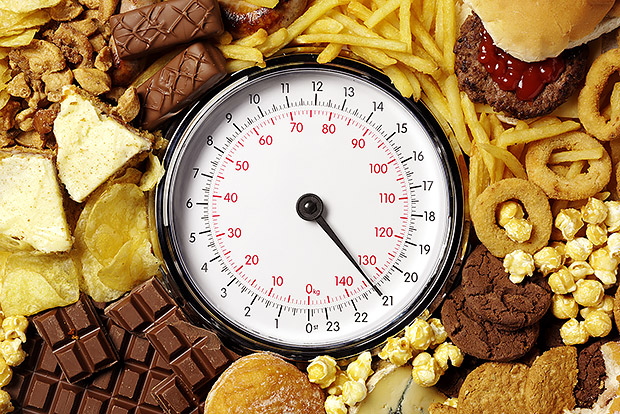
Malnutrition occurs when there is a lack of necessary nutrients. While it is often associated with starvation, people can be overweight while also failing to meet their nutritional needs.
Macronutrients, micronutrients, and empty calories
Macronutrients (carbohydrates, protein, and fat) provide the body with energy (calories).
Micronutrients are vitamins and minerals necessary for health, but they do not provide calories.
Empty calories can describe foods that are high in calories but low in nutritional value (soda and junk foods). When empty calories make up a large part of the diet, you can gain weight without getting adequate nutrition.
Nutrients of concern
Poor diets often do not provide enough calcium. If you drink a lot of soda, you are probably not consuming calcium-rich milk. Dark, leafy greens and broccoli are also good sources of calcium, but vegetables are often missing in poor diets.
Phytonutrients (compounds found in plant foods) are not essential to life, but they have many health benefits, including protection against disease. A diet of highly-processed foods with few fresh fruits, vegetables, or whole grains can be in short supply of these beneficial plant nutrients.
Malnutrition can affect anyone
Empty calories tend to be cheap and quick. This makes low-income populations and those with busy lifestyles especially vulnerable to this “overweight and malnourished” phenomenon. The trick is to plan your meals in advance, which will help you keep your food costs down and help you avoid needing to grab something quick when on the go.
Sources



 3 Healthy Lunches for Your Work Week
3 Healthy Lunches for Your Work Week
 5 Tips for Stretching Your Budget for Healthy Food
5 Tips for Stretching Your Budget for Healthy Food
 Best Ways to Reduce Added Sugar
Best Ways to Reduce Added Sugar
 Healthy Tips to Lighten Up Picnic Foods
Healthy Tips to Lighten Up Picnic Foods
 Do You Need to Drink Milk?
Do You Need to Drink Milk?
 Tips to Keep Track of Water Intake
Tips to Keep Track of Water Intake
 Butter vs. Margarine: What’s the Best Choice?
Butter vs. Margarine: What’s the Best Choice?
 7 Good Mood Foods
7 Good Mood Foods

 Pinterest
Pinterest RSS Feed
RSS Feed